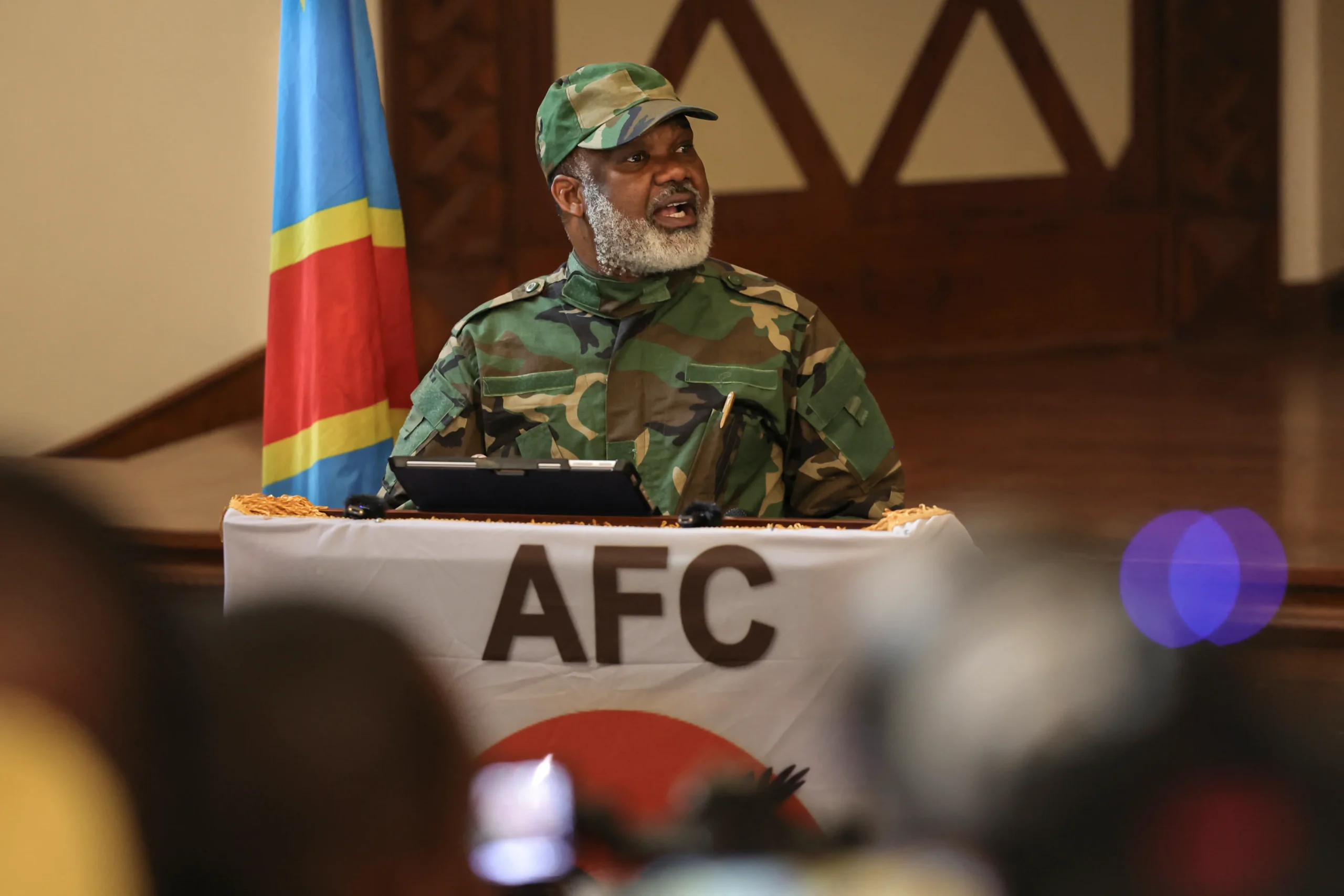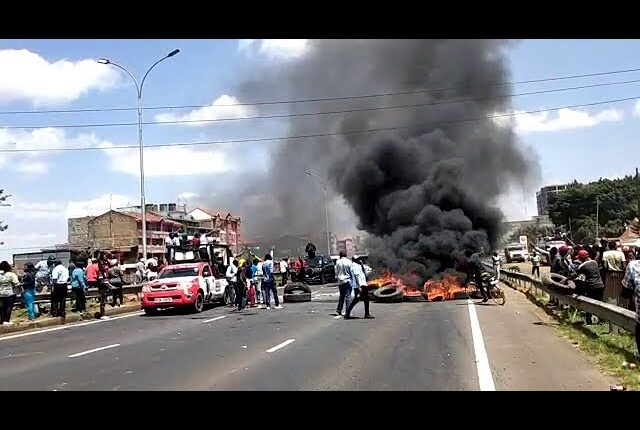The Congo River is much more than just a waterway. As the eighth longest river in the world, with an impressive length of 4,700 kilometers, it plays a central role in the life and development of the Democratic Republic of the Congo (DRC). Originating in the southeast of the country, it flows through several regions before emptying into the Atlantic Ocean in the west.
Note: Company, Blog, Church websites are free.
The Congo River is a rich source of freshwater, essential for the ecosystem, biodiversity, and local populations. It serves as an economic and social lifeline, providing opportunities for fishing, agriculture, and transportation. Its role in supplying drinking water and irrigation is also fundamental.
The river’s waters stretch from the southeast (Katanga) to the east (Maniema), passing through the north (Orientale Province) and northwest (Équateur), before reaching Kinshasa and flowing into the Atlantic. This vast river network connects 26 provinces through its tributaries, making it a vital artery for communication and economic exchange, facilitating trade and the transportation of goods.
The Congo Basin is one of the richest and most well-preserved ecosystems on the planet. Its tropical forests and wetlands host a unique biodiversity, playing a crucial role in global climate regulation. It is also a refuge for many endemic species, further highlighting its ecological importance.
Beyond its environmental significance, the Congo River represents immense potential for the development of the DRC. Hydroelectric exploitation, particularly with the Inga dams, could provide clean and sustainable energy not only for the country but also for the entire region. Moreover, river navigation plays a key role in opening up isolated areas and fostering interprovincial trade.
Undoubtedly, the Congo River is one of Africa’s most valuable natural assets. It nourishes millions of people, supports the local economy, and actively contributes to environmental preservation. Its responsible management and protection are essential to ensuring a sustainable future for generations to come.



